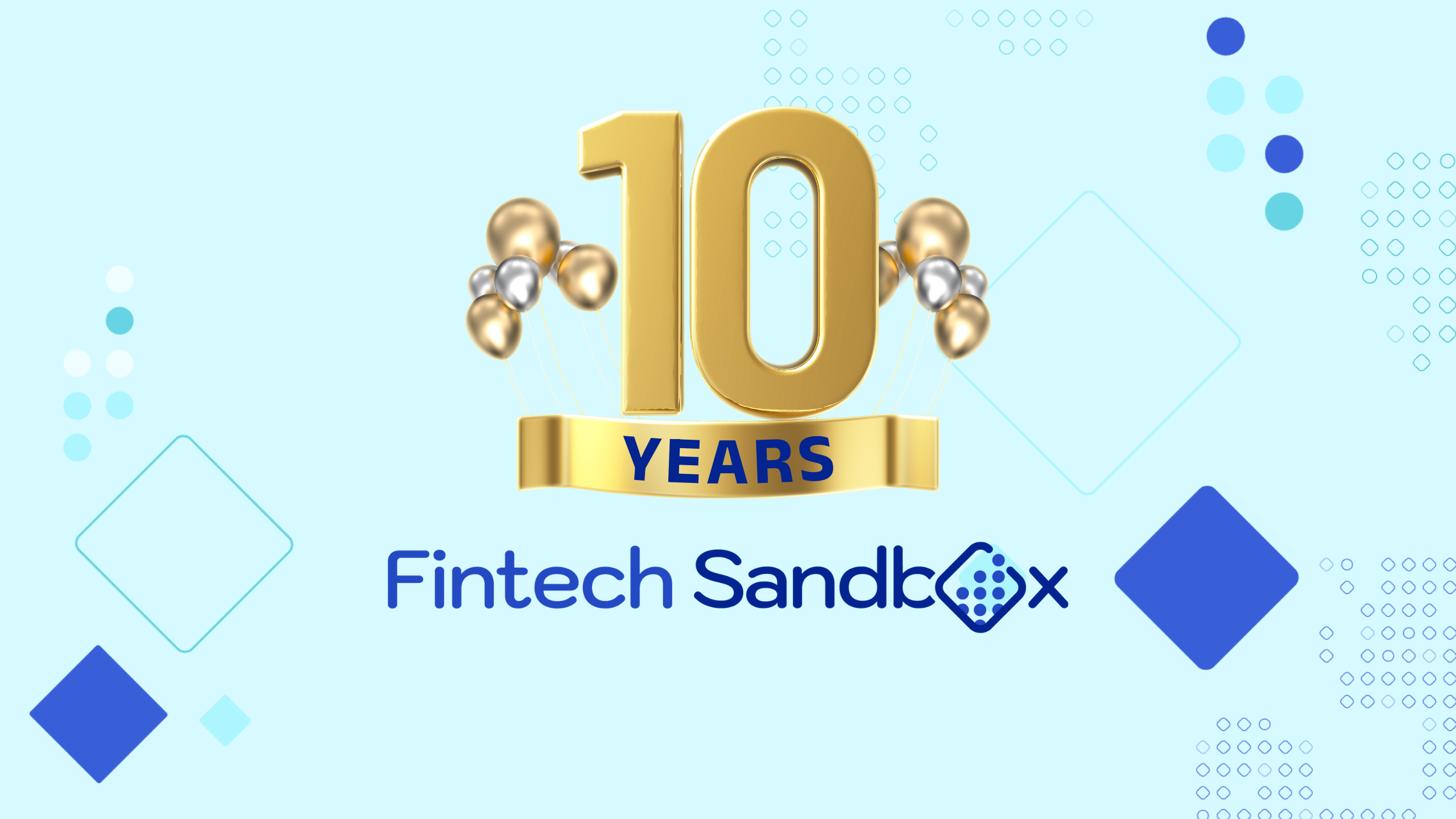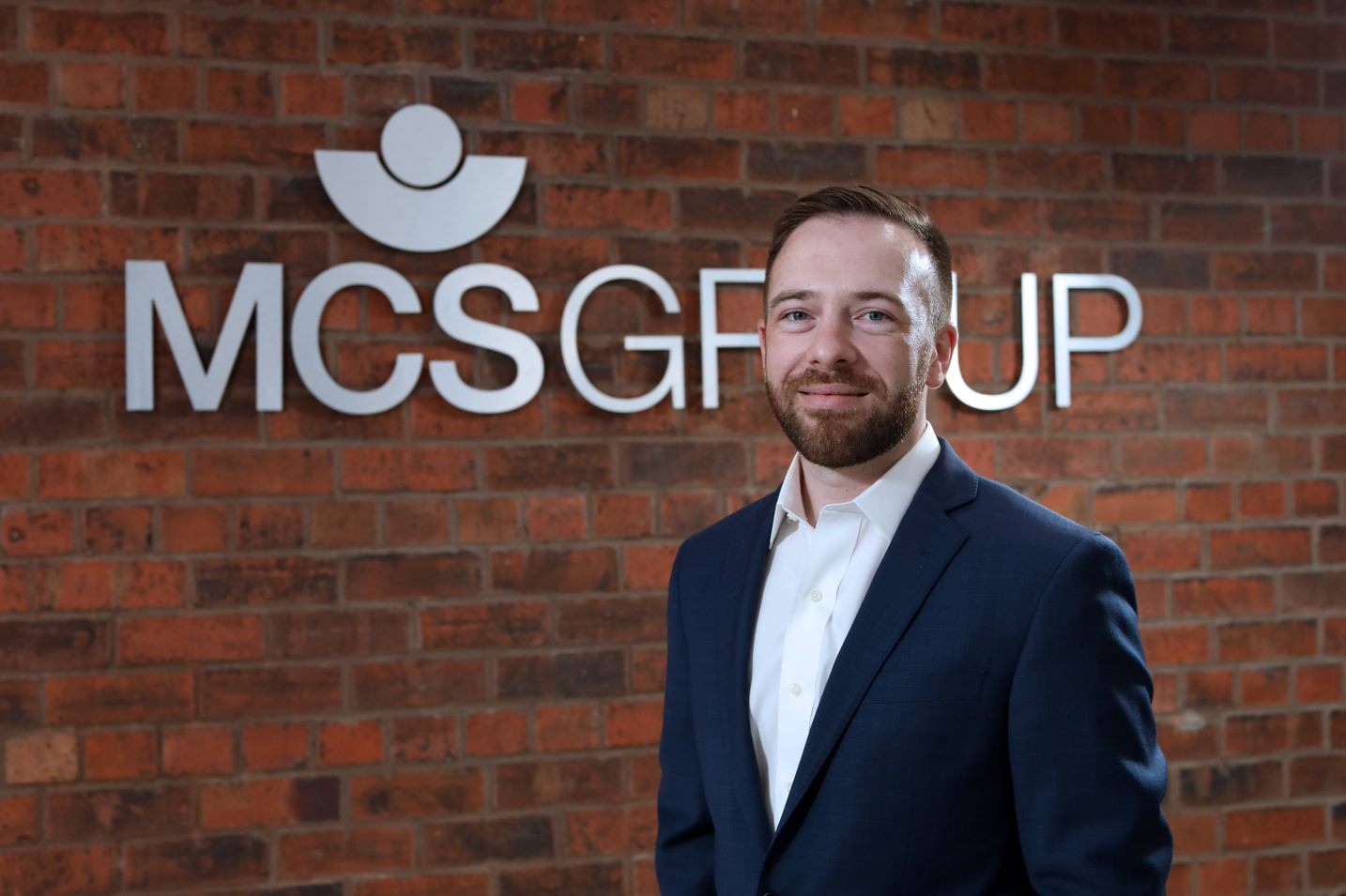By Sarah Biller, Fintech Sandbox Co-Founder
Today’s financial services sector operates amidst a maelstrom of change and opportunity. Who could have guessed that 2024 would be the year the first patent for a system capable of connecting satellites, blockchains and stablecoins for space-based transactions – or, in essence, payment connectivity beyond Earth’s atmosphere – would be filed? As far out as a new space-based economy may sound, innovation is not a new concept to financial services.
Our industry is replete with examples where financial services innovators have leveraged the latest technologies to conduct transactions and open-up new distribution channels that meet the demands of not just current customers or markets, but of those in the future. Equally, there are times in recent memory where we as an industry have lagged.
When we asked ourselves back in 2014 what factors were stalling industry innovation, we identified data as the essential but missing input. Though the concept of big data had been in existence for almost a decade and half, leaders at financial services firms had been focused for the preceding five years on creating stability against extreme events triggered by the 2008 credit crisis. Data was at best an afterthought. It was locked in siloes, often on prem and not easily procured by entrepreneurs.
For the founders of Fintech Sandbox, our personal experiences as entrepreneurs and investors told us that innovating during times of disruption offers more opportunity for growth and relevance than managing exclusively for continuity. This ability to adjust and to innovate to changing market conditions and customer demands is the essence of resilience. We concluded that figuring out how to put data in the hands of Fintech founders would catalyze the next generation of products, services and analytics for a rapidly digitizing economy. As Albert Einstein famously quipped, “We can’t solve problems using the same kind of thinking we used when we created them”.
Fintech Sandbox was launched in 2015 to provide free access to critical data and resources to entrepreneurs around the world through our first of its kind Data Access Residency program. We were joined by some of the world’s most important market data providers in this journey and, ten years in, Fintech Sandbox entrepreneurs have built hundreds of new products and services, created thousands of jobs, and attained more than $2.0 billion in private company funding.
Though the volume, variety and velocity of data has increased at rates more than projected across the past decade, we can argue this exponential growth was foreseen. Largely fueled by the availability of diverse datasets and vastly improved data aggregation layers (e.g., machine learning, natural language processing, computer visioning, etc.) and computing power, among other forces, there has been a step change in the capabilities of artificial intelligence that is revolutionizing not only financial services, but all data-driven industries.
From the introduction of real-time payments, to the decreasing cost of quantum computing, to the advent of new cybersecurity tools, to an energy transition fueled by the capital markets, and on to the more recent introduction of generative AI, unprecedented advances in technology are driving extraordinary and positive change in the financial services sector. Yet high quality, differentiated datasets are needed more than ever to meet the demands of an ever-diversifying customer base, a steepening product development curve, and, no surprise, the rapidly advancing agentic artificial intelligence capabilities that will reduce human intervention and alter our financial system again.
It is also true that these capabilities are enabling bad actors to steal identities, fraud to be perpetuated in a blink of an eye, bank runs to accelerate with the speed of an avalanche, and rogue nations to fund acts of terror, among other challenges. The consequence of this “arms race” is a profound need for a safe and secure data environment for entrepreneurs and industry innovators to test the efficacy, safety, and robustness of their defenses and solutions. We see from our work with some of the globe’s most progressive fintech entrepreneurs, that it is not just the ability to reinvent and innovate in front-end systems or investment products, but in infrastructure and compliance, as well.
Fintech Sandbox is well-suited to address this need and, perhaps, the only organization able to convene natural competitors, innovators, academic partners and industry. We are reexamining our learnings on the role of data in driving forward innovative fintech solutions considering these new opportunities, heightened challenges, and incredible technical capabilities (and those to come). Our discussions have centered on how we extend our decade-long support of entrepreneurs building innovative solutions for the financial services sector while ensuring the needs of entrepreneurs who are leaping past a legacy definition of our industry and embedding fintech into health, energy, transportation, consumer goods and other categories are also met.
From our start, we have worked together with entrepreneurs, data providers and industry partners in periods of dislocation and uncertainty. We are proud to have played a central role in advancing innovation in financial services. We are now entering a profoundly important period of change where the opportunity to build a more resilient world economy hinges, in part, on the extension of our capabilities into other sectors. With a decade under our belt, we can say with certainty that the availability of new and differentiated datasets matters more than ever.
The fintech community with the right tools has the power to remake our industry, economies and, even, societies for the better. Our vision at Fintech Sandbox is to expand our support to entrepreneurs who are building for a sustainable future. We know firsthand when ideas are paired with data they turn into reality, and we want to be right in the middle of this important work.
# # #




























